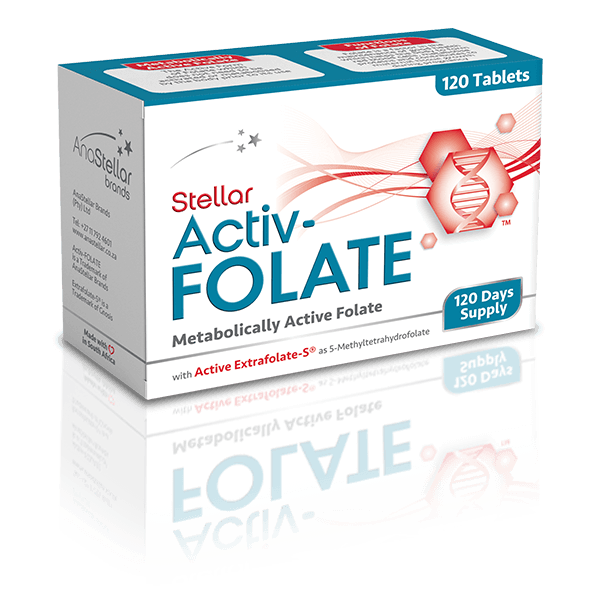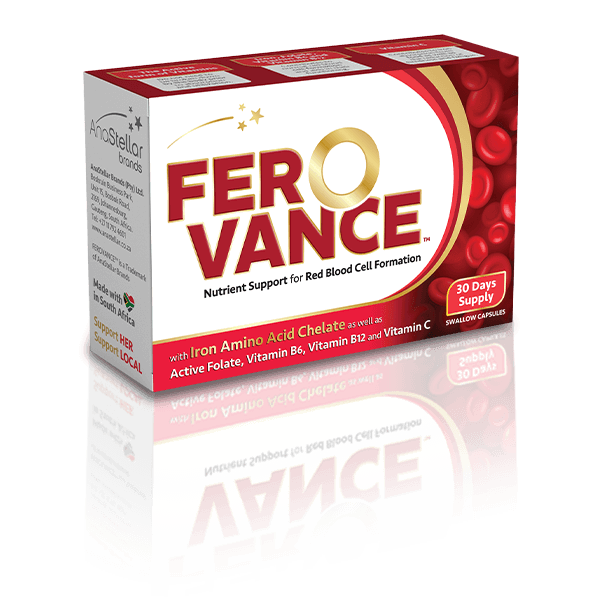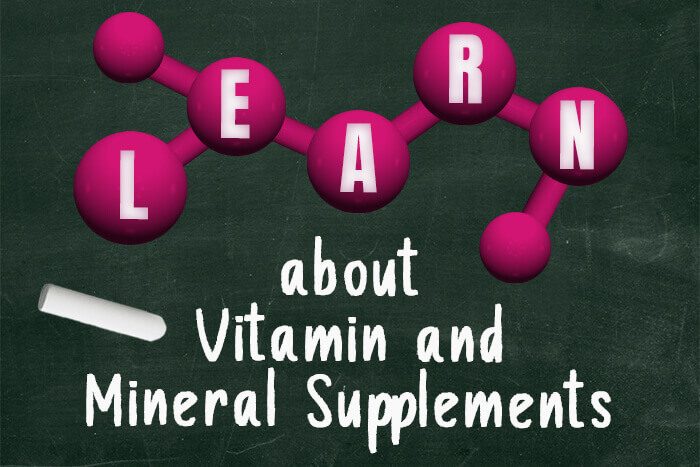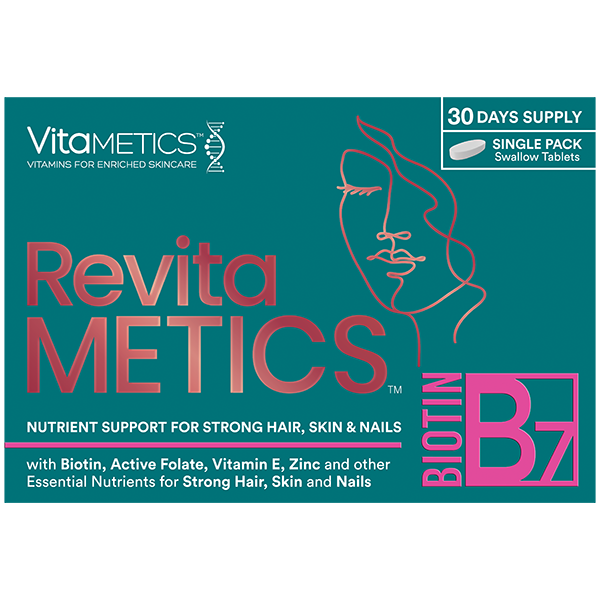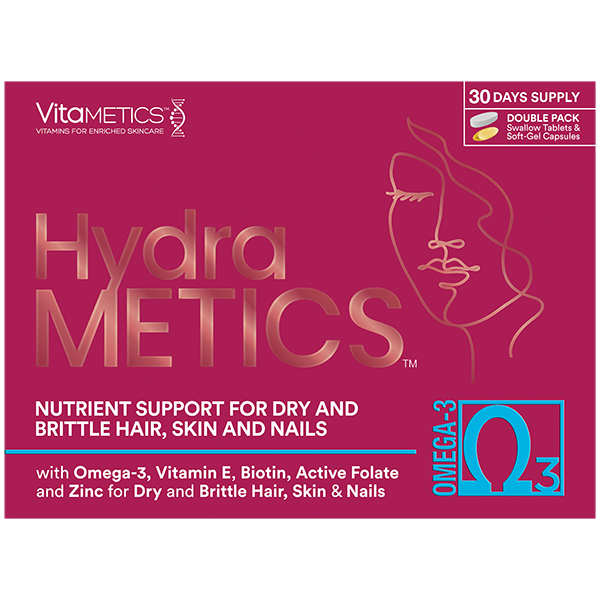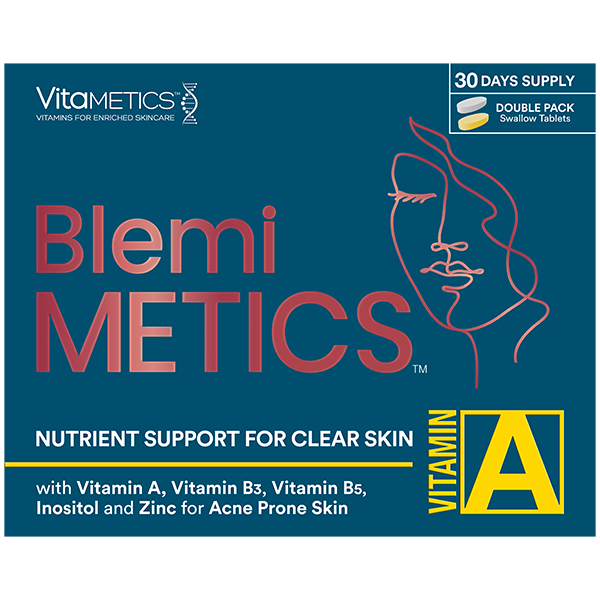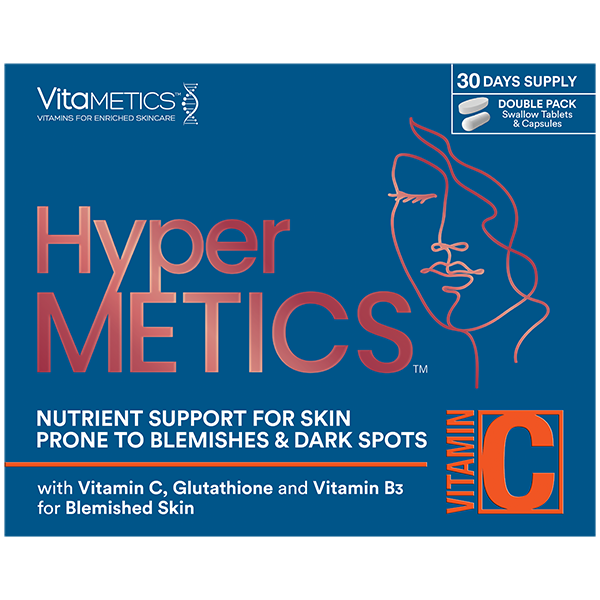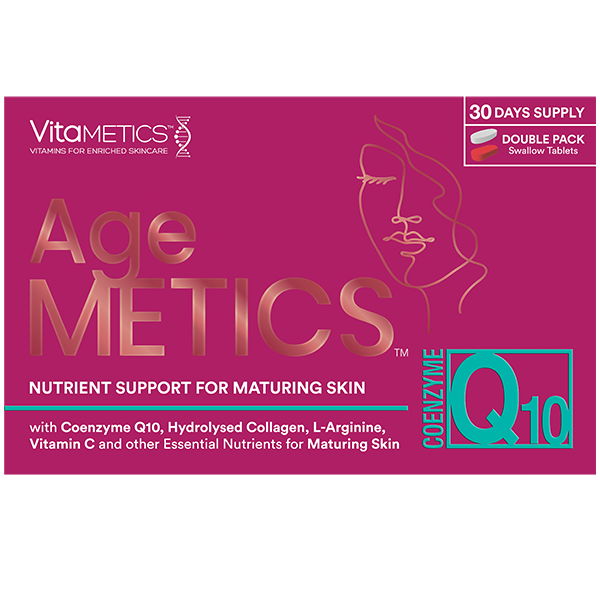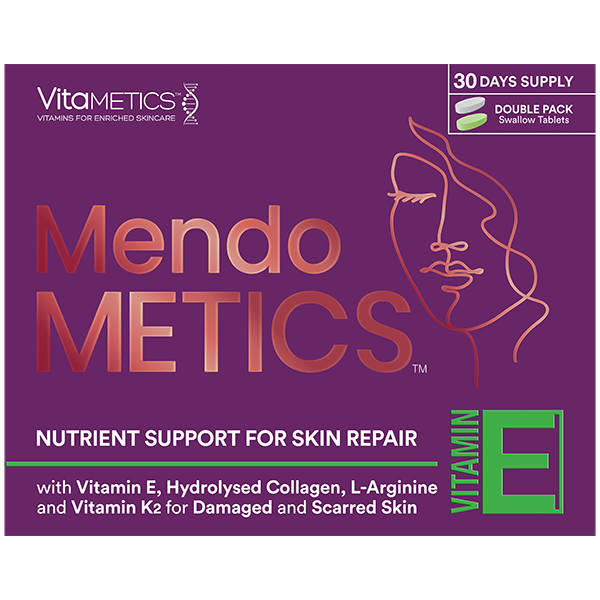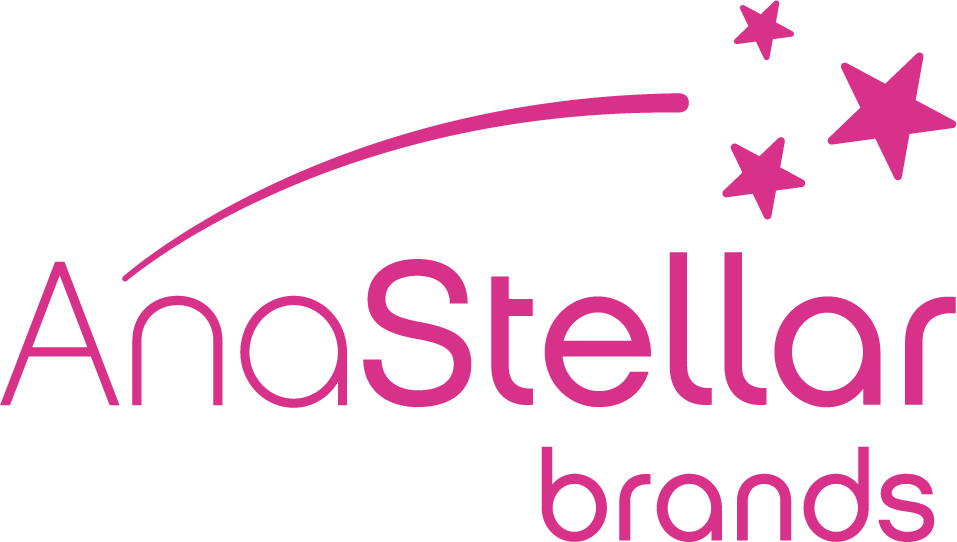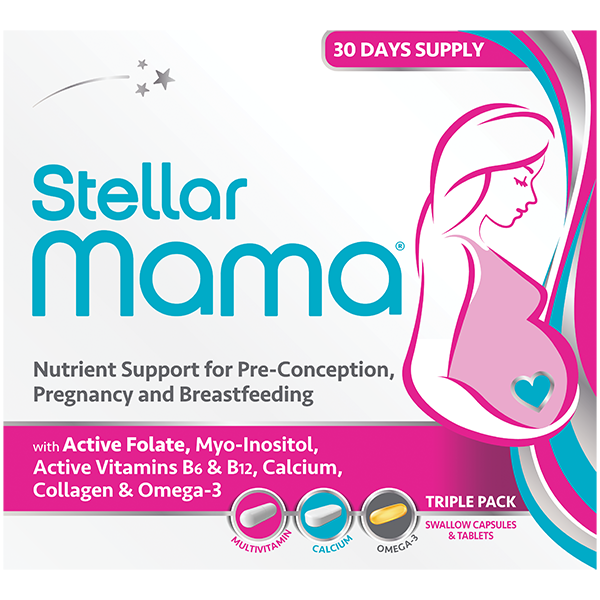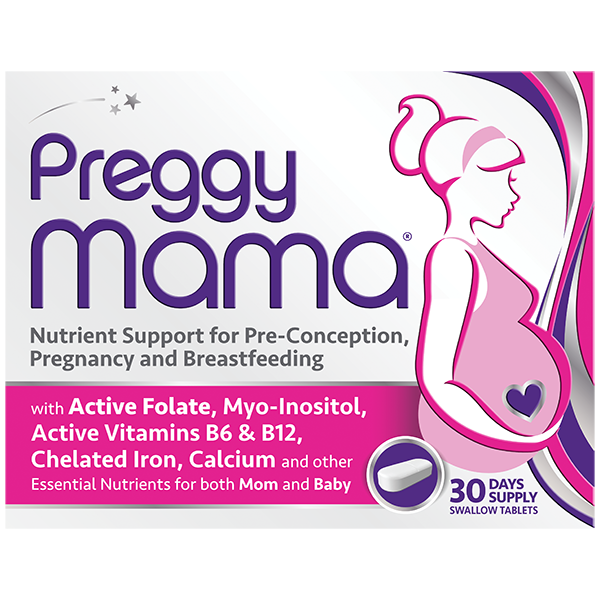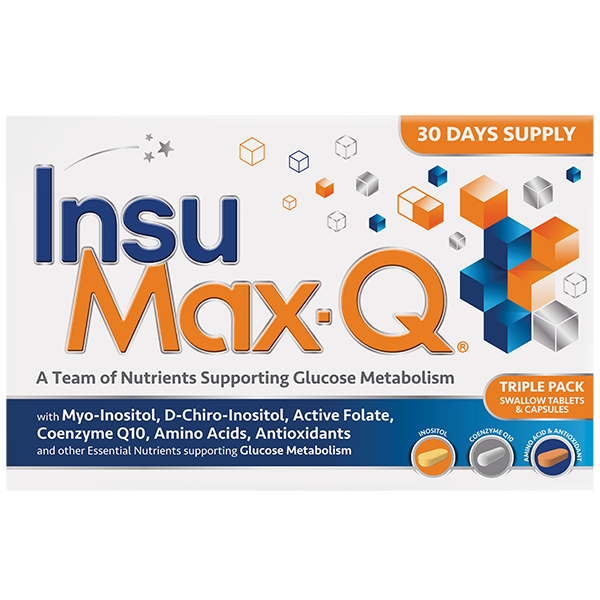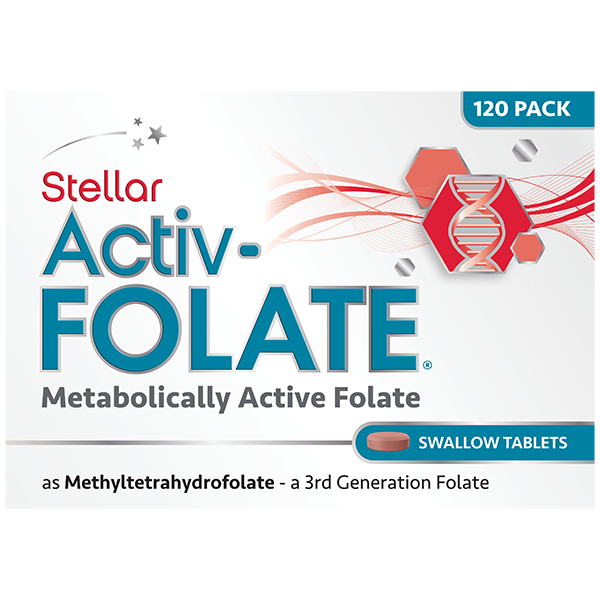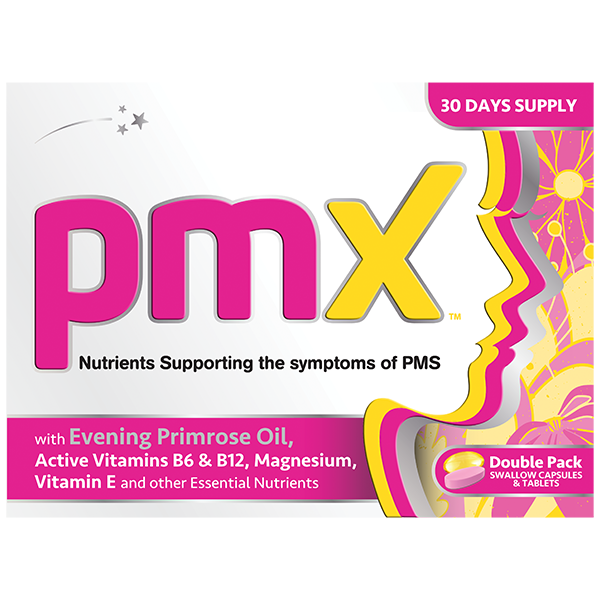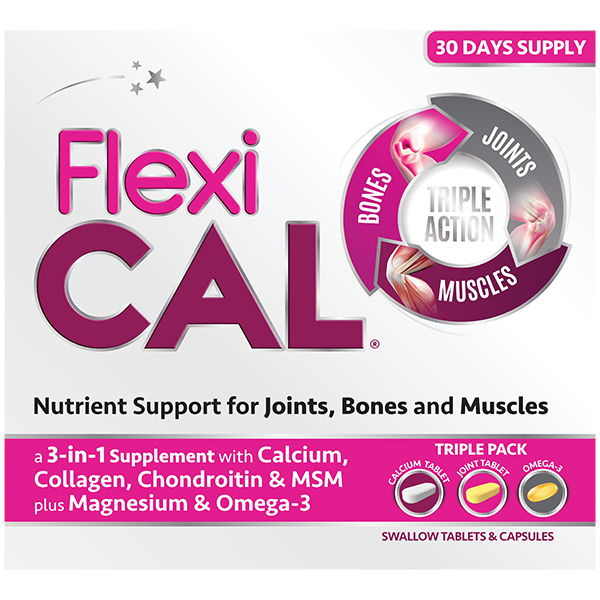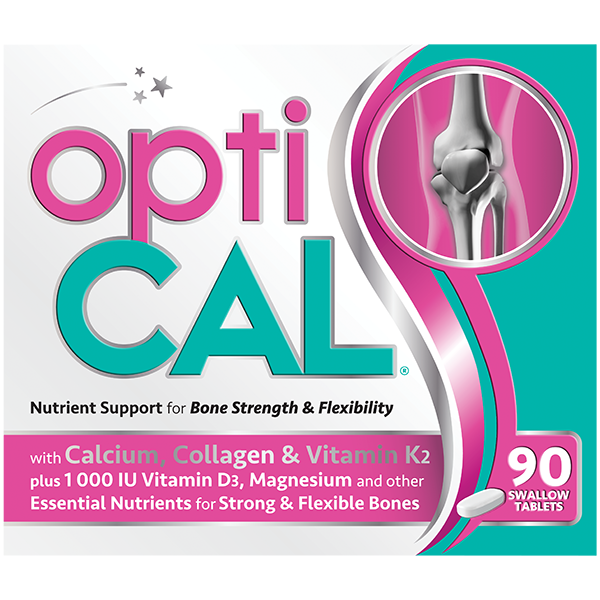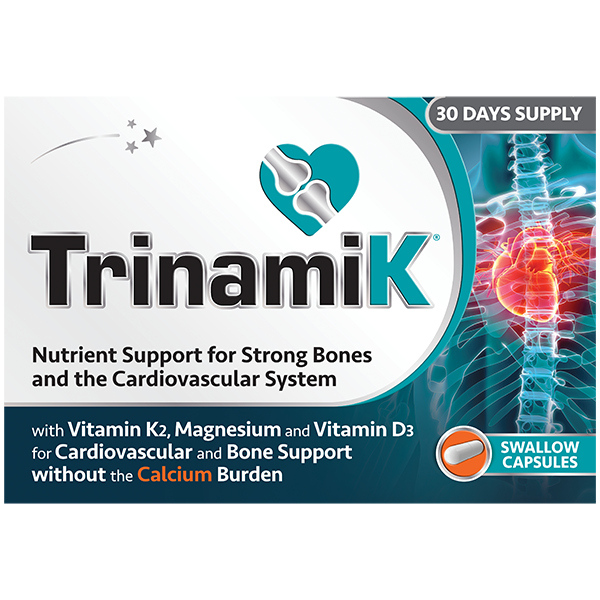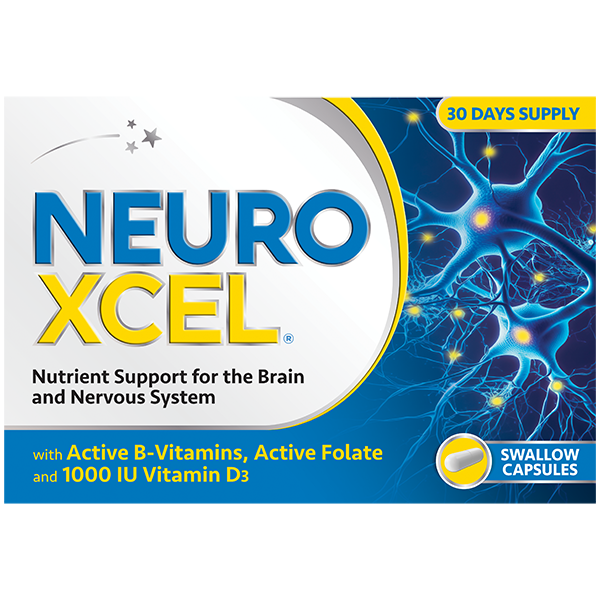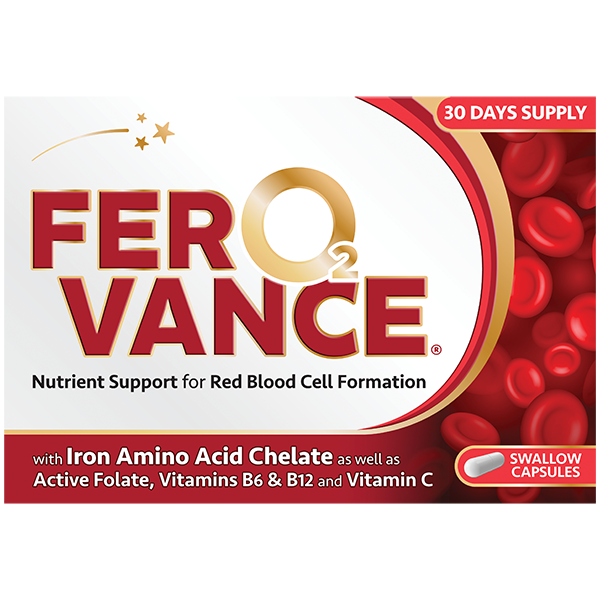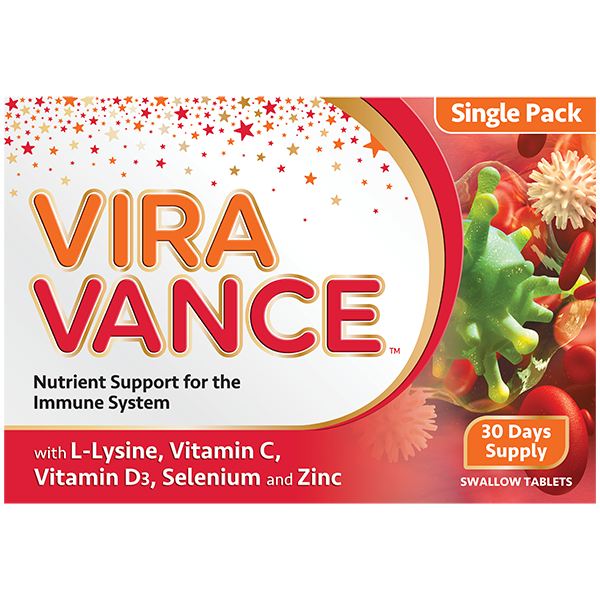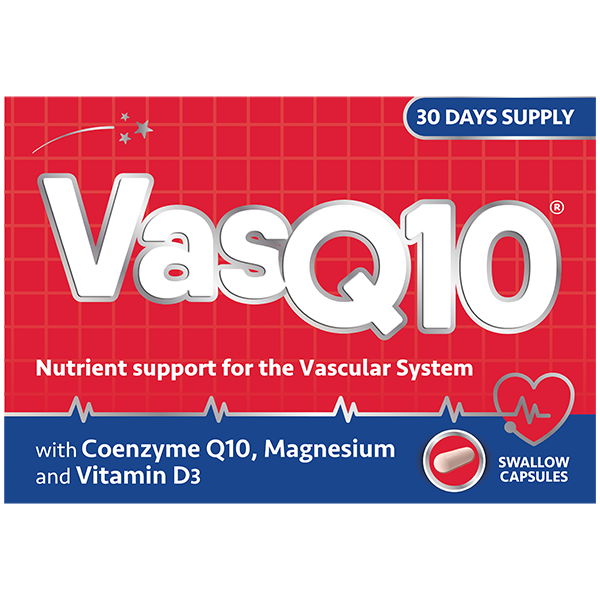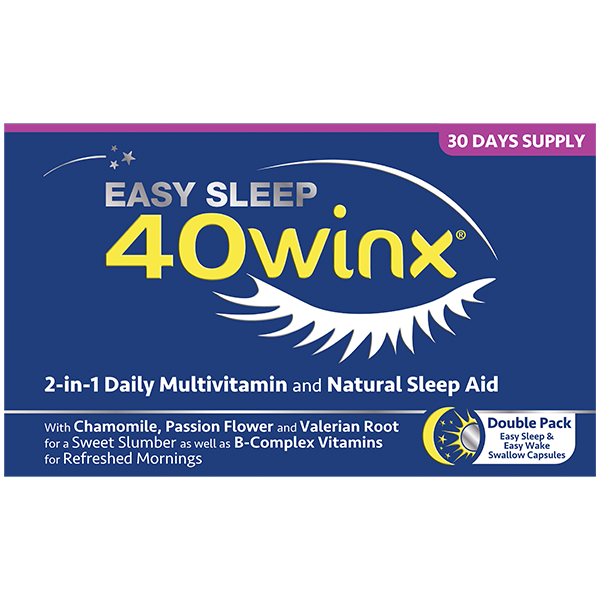FREE SHIPPING FOR ORDERS R500 OR MORE
FREE SHIPPING FOR ORDERS R500 OR MORE
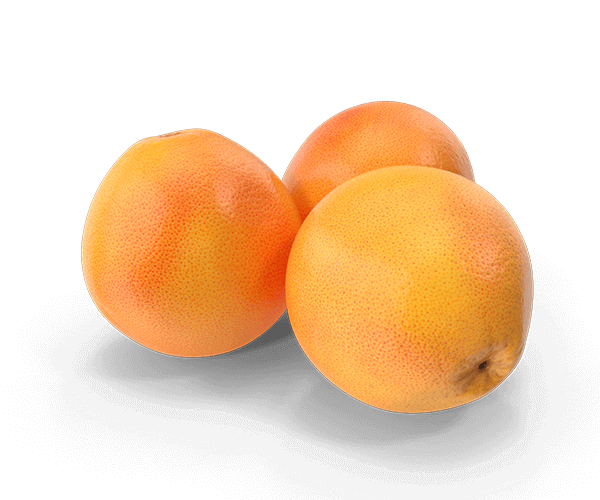
Folic Acid for Pregnancy
Folic Acid vs Folate: What is the difference?
The terms Folate and Folic Acid are often interchanged; however, they are not the same thing! Folate and Folic Acid are different forms of Vitamin B9. Folic Acid is the synthetic (man-made) form of Folate that still needs to be broken down in the body into its usable form (Folate). Folic Acid is inexpensive and widely available, but its conversion in the body into Folate is a slow and complex process. The body can only convert 200 µg of Folic Acid per day, the excess quantities get directed to the liver as potentially harmful waste products. There are also people who have genetic polymorphisms (of the enzyme MTHFR) which prevent the normal breakdown of Folic Acid. For these individuals it is essential that they take Folate instead of Folic Acid. Stellar Activ-FOLATE contains 500 µg of Active Folate that can be used by the body immediately.
Stellar Activ-Folate
Stellar Activ-FOLATE contains 500 µg of Active Folate (5-MTHF)

Stellar-Mama
Stellar-Mama contains 500 µg of Folate (300 µg of Active Folate and 200 µg of Folic Acid)

Preggy-Mama
Preggy-Mama contains 500 µg of Folate (300 µg of Active Folate and 200 µg of Folic Acid)
FerOvance
FerOvance contains 400 µg of Active Folate (5-MTHF)
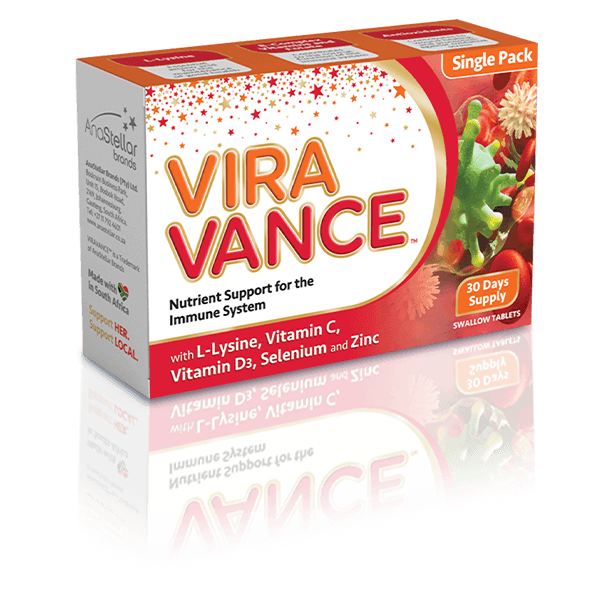
VIRAVANCE
VIRAVANCE contains 400 µg of Active Folate (5-MTHF)
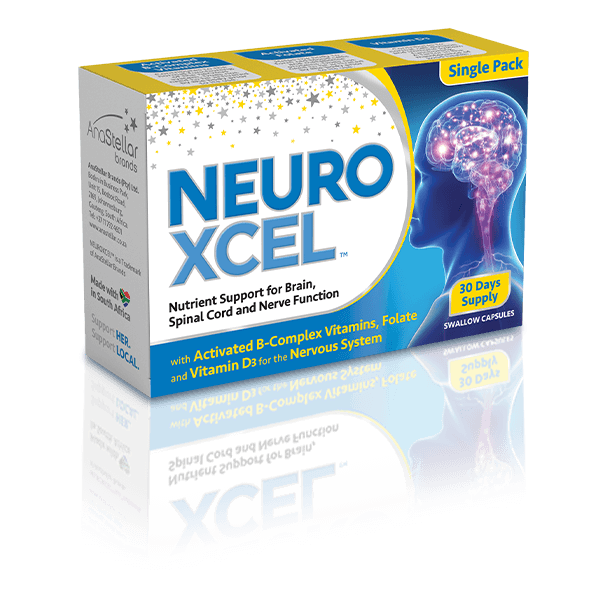
NeuroXCEL
NeuroXCEL contains 400 µg of Active Folate (5-MTHF)
Frequently Asked Questions:
What is Folic Acid?
Folic Acid / Folate is important in red blood cell formation and for healthy cell growth and function. The nutrient is crucial during early pregnancy to reduce the risk of birth defects of the brain and spine (NTDs)
Folic acid, also known as folate or vitamin B9, is a water-soluble B vitamin that is essential for various bodily functions. It plays a crucial role in cell division and the synthesis of DNA, as well as in the formation of red blood cells. Folic acid is particularly important during pregnancy, as it helps prevent neural tube defects in developing fetuses.
Folate is found naturally in many foods, including leafy green vegetables, citrus fruits, and beans. However, folic acid is the synthetic form of this vitamin and is often used in dietary supplements and fortified foods, such as breakfast cereals, to ensure that people get an adequate intake. It is important for overall health and well-being, and a deficiency in folic acid can lead to a condition known as folate deficiency anemia, which can cause symptoms like fatigue, weakness, and anemia.
Folic acid is important for women who are planning to become pregnant, as it can help reduce the risk of neural tube defects in the developing fetus. Many healthcare providers recommend that women of childbearing age take a daily folic acid supplement to ensure they have sufficient levels of this vitamin, even if they are not yet pregnant.
What does Folic Acid do for a woman?
Folic Acid / Folate is important in red blood cell formation and for healthy cell growth and function. Folic Acid / Folate is crucial for a woman during early pregnancy to reduce the risk of birth Neural Tube Defects (Defects of the brain and spine) of her baby. Low folate status is also linked to depression.
What are three benefits of Folic Acid?
Three benefits of Folic Acid are red blood cell formation, cell growth and function (DNA synthesis), mood regulation (neurotransmitter formation).
Is it OK to take Folic Acid when not pregnant?
Yes, it is ok to take Folic Acid / Folate when you are not pregnant. You need Folic Acid / Folate for Red Blood Cell formation, cell growth and function (DNA synthesis), and mood regulation (neurotransmitter formation).
Who should not take Folic Acid?
Anyone with a history of cancer should avoid high dosage of Folic Acid.
Anyone with Folic Acid Hypersensitivity.
Anyone with a MTHFR Polymorphism.
